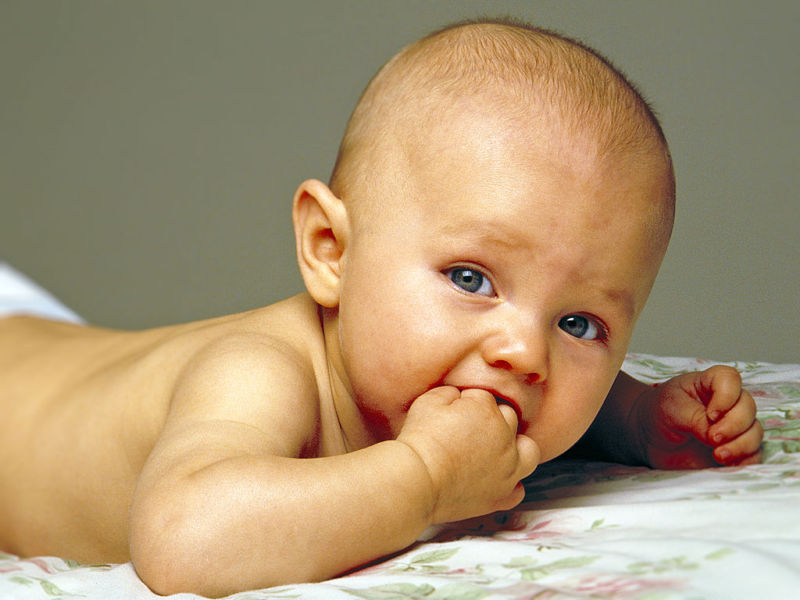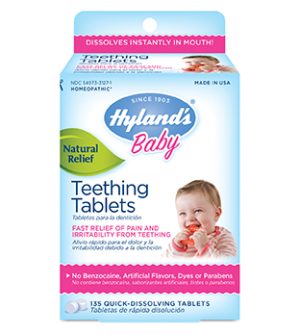
To practice homeopathy, one must master the skill of diluting things in water—an awe inspiring talent, no doubt.
At its core, homeopathy is based on the idea that “like cures like,” and remedies are made by watering down selected poisons that cause or mimic the disease being treated. Practitioners must at least dilute those poisons until they’re safe for consumption, but often dilute them to the point that only plain water remains. Tossing aside the pesky rules of physics and chemistry, believers argue that water molecules have “memory.” Those liquefied ghosts of poisons can cure a wide range of ailments, from allergic reactions to HIV/AIDS, they say.
Though Ars has previously pointed out that this pseudoscience is clearly a “therapeutic dead-end,” providing a placebo effect at best, Americans still spent $2.9 billion on them in 2007. Some may argue that such spending on expensive placebo water is harmless. But the discussion changes dramatically when federal regulators catch homeopaths that aren’t so skilled at the art of dilution.

Last month, the Food and Drug Administration warned parents to stop using homeopathic teething gels and tablets, which may have been improperly diluted. Yesterday the agency said it is investigating 10 infant deaths and more than 400 reports of seizures, fever, and vomiting that may be connected to the use of the teething treatments in the past six years.
The FDA is urging parents to immediately stop use and trash the teething treatments. These products are distributed by CVS, Hyland’s, and possibly others, the agency noted, and are sold at neighborhood drug stores and other retail outlets.
Though the FDA hasn’t definitively nailed the teething products as the source of the illnesses and deaths, this isn’t the first time the products have raised red flags. In 2010, the agency got eerily similar reports of illnesses linked to the homeopathic teething products. Upon investigation, they found that the products weren’t diluted properly and some contained unsafe levels of belladonna, also known as deadly nightshade. Though it’s well-known that homeopaths use belladonna to treat a variety of ailments, it’s always supposed to be diluted heavily, leaving none or trace amounts.
In the 2010 warning, the FDA reported:
Hyland's Teething Tablets are manufactured to contain a small amount of belladonna, a substance that can cause serious harm at larger doses. For such a product, it is important that the amount of belladonna be carefully controlled. FDA laboratory analysis, however, has found that Hyland’s Teething Tablets contain inconsistent amounts of belladonna. In addition, the FDA has received reports of serious adverse events in children taking this product that are consistent with belladonna toxicity.
Symptoms of belladonna poisoning include seizures, vomiting, difficulty breathing, lethargy, excessive sleepiness, muscle weakness, skin flushing, constipation, difficulty urinating, blurred vision, and confusion.
Since the FDA’s new warning, CVS has pulled the products from its shelves.
In an open letter to “Moms and Dads,” Hyland’s strongly defended the quality and safety of their teething products but decided to discontinue them anyway. The FDA’s warning, Hyland’s wrote, “has created confusion among parents and limited access to the medicines… Putting you in a position of having to choose who to trust in the face of contradictory information is burdensome and undermines the FDA.”
Janet Woodcock, a medical doctor and director of the FDA’s Center for Drug Evaluation and Research noted that “teething can be managed without prescription or over-the-counter remedies.” Instead, parents should try gentle gum massages or cold teething rings or cloths, which conveniently carry no risk of death.
reader comments
336